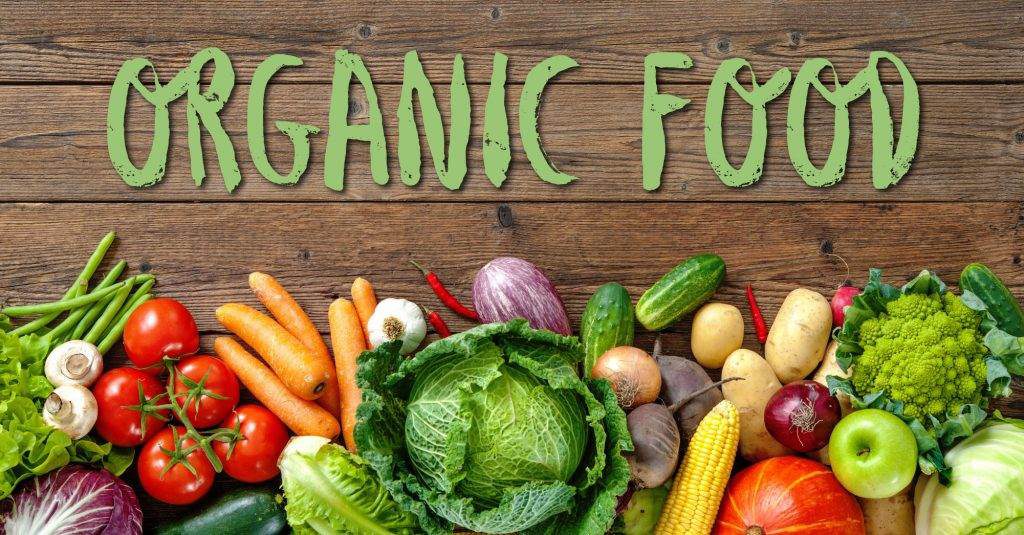
Read Chapter 7. Does this chapter increase or decrease your motivation to consume organic food products? What is a more important motivation—in your view—for consuming organic food: a) that it is better for your health, or b) that it is better for the environment and for farmworkers? Let us say that, instead of a hospital as our case study example, we had used the example of a wealthy private school for K–12 students. Would the argument be stronger or weaker for adopting organic food in the cafeteria of the school?
After reading the chapter, my motivation to consume organic food products has increased. The chapter presents both sides of the argument but ultimately concludes that organic food is not a marketing ploy and has health benefits. The fact that organic food is free from harmful chemicals and pesticides used in conventional farming is a strong motivator for me to consume it. The chapter also highlights the environmental benefits of organic farming, such as reducing soil erosion and promoting biodiversity (Jimenez & Pulos, n.d.). This further strengthens my motivation to consume organic food as I believe in making sustainable choices that contribute to the betterment of our planet.
In my view, both health and environmental benefits are important motivations for consuming organic food. Our health is directly linked to the quality of food we consume, and organic food is free from harmful chemicals and pesticides that can have long-term effects on our health. Additionally, consuming organic food promotes sustainable agriculture practices that are better for the environment and for farmworkers. By choosing organic food, we can support farmers who prioritize sustainable farming practices and reduce our carbon footprint by reducing the use of fossil fuels in conventional farming.
If we had used the example of a wealthy private school for K–12 students instead of a hospital, the argument for adopting organic food in the cafeteria of the school would be stronger. Private schools have a responsibility to provide healthy and nutritious food to their students, and organic food aligns with this goal. The use of harmful chemicals and pesticides in conventional farming can have adverse effects on children’s health, especially as they are still developing. By providing organic food in the school cafeteria, private schools can prioritize the health and well-being of their students. Additionally, private schools have the resources to invest in sustainable agriculture practices and support local farmers who prioritize these practices. This can set an example for other institutions to follow and promote sustainable food systems. Therefore, the argument for adopting organic food in the cafeteria of a wealthy private school is stronger as it aligns with their values of providing quality education and promoting the well-being of their students.
References
Jimenez G., Pulos E. (n.d.) Good Corporation, Bad Corporation: Corporate Social Responsibility in the Global Economy. Chapter 7. Retrieved from https://milnepublishing.geneseo.edu/good-corporation-bad-corporation/chapter/7-organic-food-health-benefit-or-marketing-ploy/
